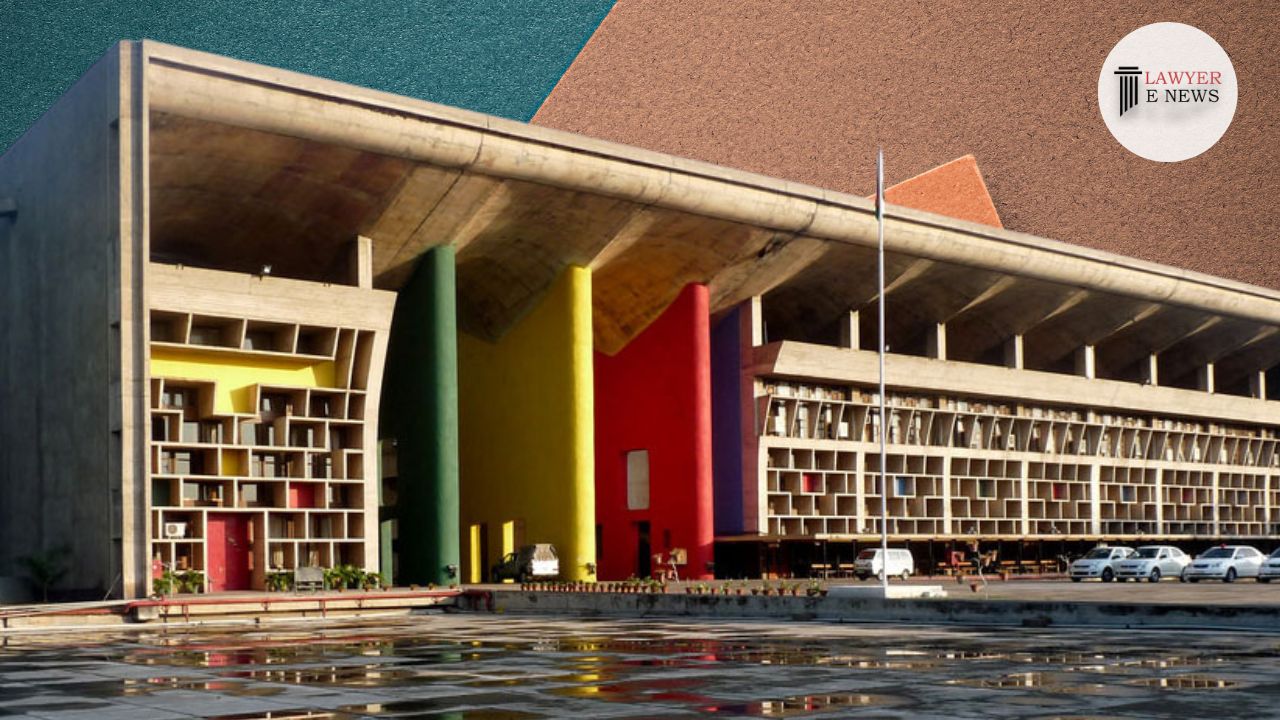-
by sayum
20 February 2026 7:06 AM



In a landmark judgement delivered by the bench of Hon'ble Justice Jasgurpreet Singh Puri on October 11, 2023, the court has reaffirmed the paramount importance of personal liberty while addressing the imposition of conditions on the grant of default bail under Section 167(2) of the Code of Criminal Procedure (Cr.P.C). The verdict resonates with the principles of justice, emphasizing that default bail conditions must be reasonable and just, respecting the fundamental rights enshrined in the Constitution of India.
The court's observations highlight the core issue at hand: whether conditions attached to default bail can be deemed impractical, unreasonable, and onerous. In its profound wisdom, the court declared, "Conditions imposed on default bail cannot be punitive in nature but should facilitate an accused's right to liberty."
Furthermore, the judgement underscores the fundamental right to personal liberty, enshrined in Article 21 of the Constitution of India, as the bedrock of the justice system. The court stated, "Personal liberty is not a mere formality but a constitutional guarantee that should not be eroded by unjustifiable bail conditions."
The ruling firmly establishes the principle that judicial discretion exercised in imposing conditions on default bail must be guided by reason, justice, and fairness. It prohibits the imposition of conditions that hinder an accused person's release, ensuring that the scales of justice remain balanced.
In response to concerns raised during the proceedings, the court has taken a proactive step to enhance the knowledge of judicial officers. It has called for an orientation course on Fundamental Rights, with a focus on the Constitution of India, to be conducted for all judicial officers in the States of Punjab, Haryana, and UT, Chandigarh. This initiative aims to equip judicial officers with the necessary expertise to uphold personal liberty while administering justice.
This judgement is poised to have far-reaching implications on the criminal justice system, heralding a new era where personal liberty is paramount, and unreasonable bail conditions are consigned to the past. As the court aptly stated, "Justice is best served when personal liberty is upheld, and the Constitution is respected."
Date of Decision: 11 October 2023
Mohammad Javed Ali vs State of U.T. Chandigarh
